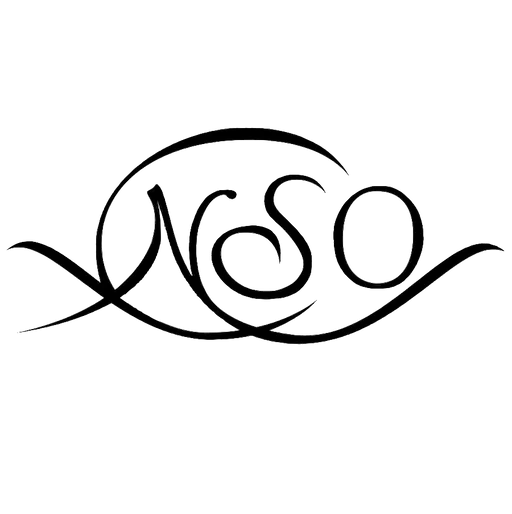Originally published in Sufi Journal Issue 4 (Winter 1989-90)
Text of a Speech by Dr. Javad Nurbakhsh, Previous Master of the Nimatullahi Sufi Order, to a Sufi Gathering
From the Sufi’s point of view, God is Absolute Being, and whatever exists is a determination or manifestation of Him. The Sufis maintain that all existence exists through God’s being and is a manifestation of that being, without which there would be nothing. As Rumi says:
We are non-existence, displaying the illusion of existence;
You are Absolute Being and our only existence.
In the words of the Koran (XXVIII: 88), “All things perish but His face,” with the understanding that there is nothing but Him in the abode of existence.
The Sufis do not separate the realm of existence from God’s existence. The Koranic verse, “God is the light of the heavens and the earth” (XXIV: 35), has been interpreted by the exoteric Islamic clergy to mean that God is the source of all illumination for the heavens and the earth. The Sufis, on the other hand, take this to mean that God is the very being, the reality of the heavens and the earth.
The insight that there is only one Absolute Being in the whole Universe and that whatever exists does so through His existence has been called the philosophy of the Unity of Being (wahdat al-wojūd).
We, however, do not consider this a “philosophy.” A philosophy is something invented by the mind and, hence, subject to change. The awareness of the Unity of Being, though, is a perception of the heart, so that it is everlasting and unchanging. Philosophy pertains to the mind and discourse, whereas perception of the Unity of Being pertains to love, revelation, and vision. Therefore, in our view, it is better to refer to it as the principle, rather than the philosophy, of the Unity of Being.
An Analogy Illustrating What Is Meant by the ‘Unity of Being’
If we liken Absolute Being to an ocean, then the waves of this ocean can be thought of as individual beings, the true reality of which is water. The transitory form of each being is the individual wave, which may last but a moment and is then obliterated, whereas the reality of the wave—that is, the water—is everlasting. Until each individual is aware of his waveform, he can know nothing of the water. When the conception of the ocean as transitory waves disappears, one will then realize that there is in reality nothing but the water. Hence, the great Sufis have annihilated their wave-selves in the water of Absolute Being, crying from the depths of their souls expressions like “I am the Truth,” “Glory be to My sublime station,” and “There is nothing under this garment but God,” expressions that leave other people astounded and dumbfounded. In the words of Shāh Ne‘matollāh:
Wave, sea and bubble—all three are one;
Though there appear to be many and few, in truth, there is but One.
Another Analogy Concerning the Unity of Being
Absolute Being can be compared to light and individual beings to shadows. As long as the shadow remains a shadow, it can know nothing of the light. If the light moves away from the shadow, the shadow will always follow it. Thus, if one attempts to pursue the Truth under one’s own power—that is, as a shadow—one will never attain it. Such an action in fact indicates that the Truth is actually moving away from one. Only when the light moves towards the shadow, thereby relieving it of its “shadow-ness,” will the shadow become the light. As Maghrebi has said:
No one can journey toward God on his own feet;
To arrive at God’s district, one must go with God’s feet.
A Final Analogy Concerning the Unity of Being
If we conceive of Absolute Being as a point, then individual beings may be compared to lines or patterns, springing into existence from a single point. Whatever form is displayed outwardly is, in fact, merely transitory. Whatever form we see is, in truth, no more than a point. In the Golshan-e rāz, Shabestari has written:
All these forms of other-ness are, in reality, only illusions from you,
What makes the point appear a circle is simply the speed with which it moves.
As it says in the Koran: “Everything passes away; and there remains the face of your Lord, He of Majesty and Honor” (LV, 26–27).
In conclusion, from the Sufi’s point of view, the realm of individual existence, which we see on the two levels of being, is imaginary—and imagination is one of the levels of being—while at the same time, in truth, it is Real. It is imaginary from the perspective of “shadow-ness,” yet it is the foundation of Being from the perspective of Reality (that is, light).
In the words of Shāh Ne‘matollāh:
Throughout the world and everything therein,
whatever is seen is a ray from the face of the Friend.

